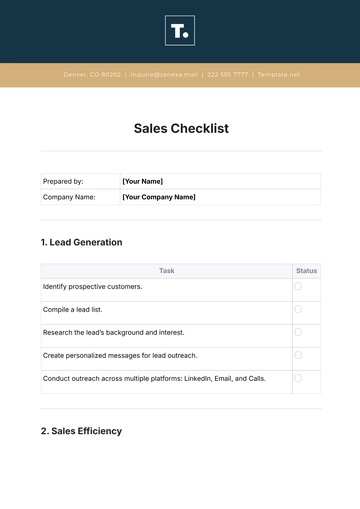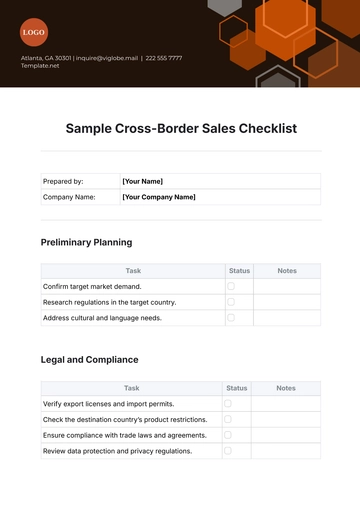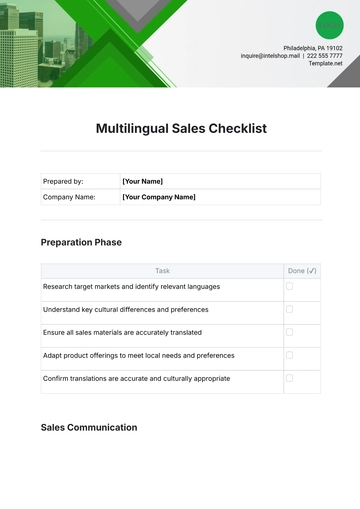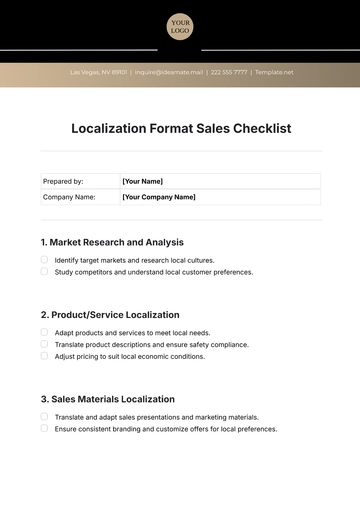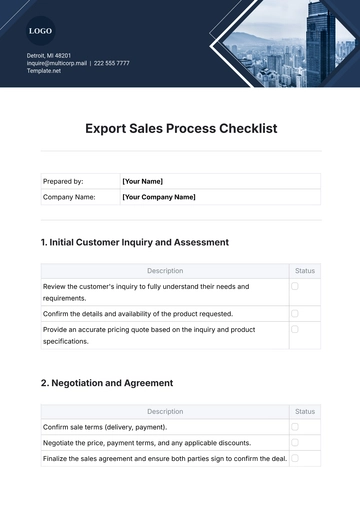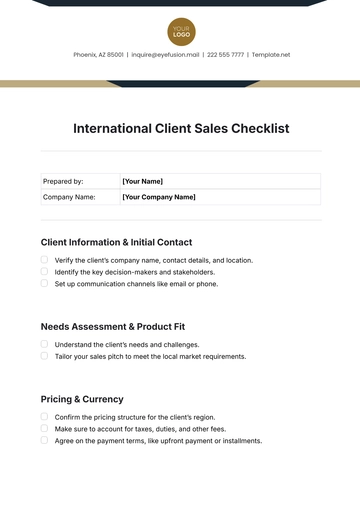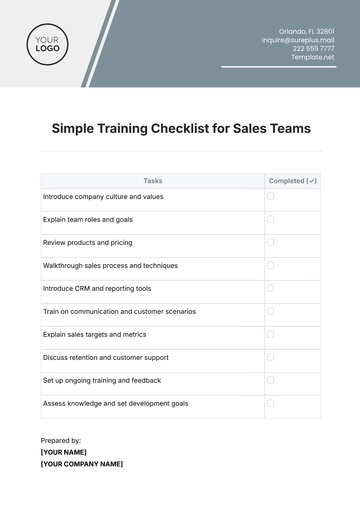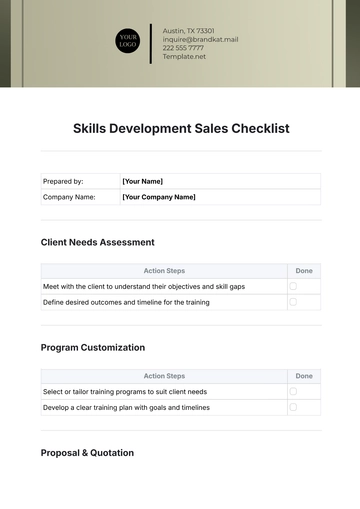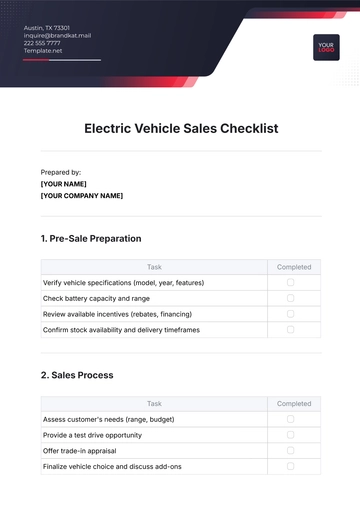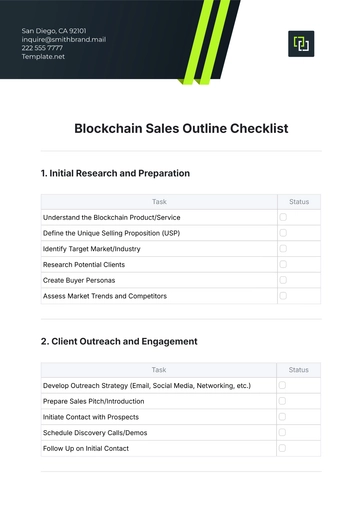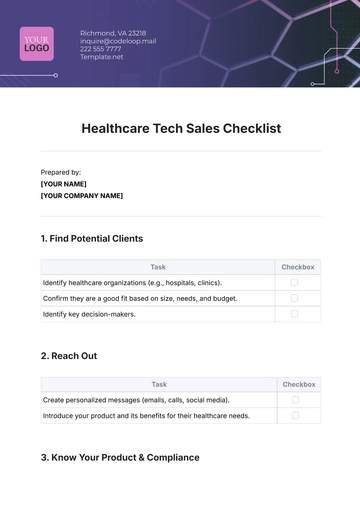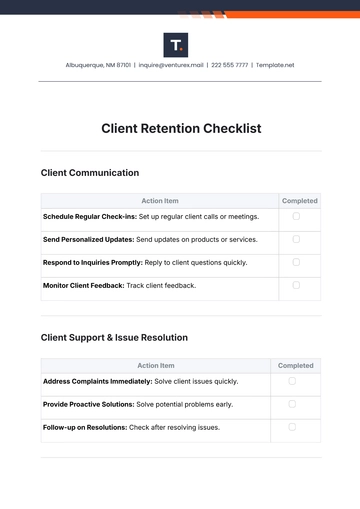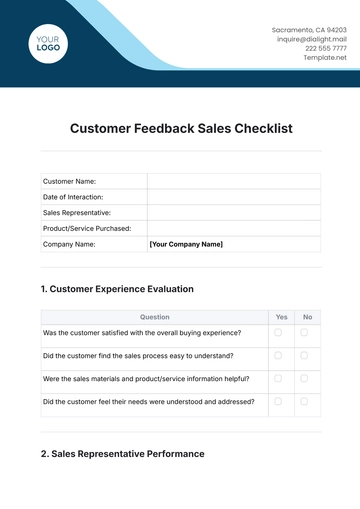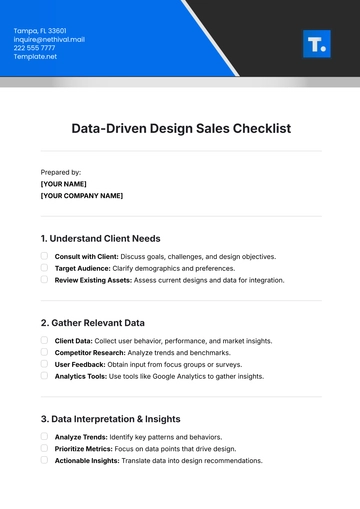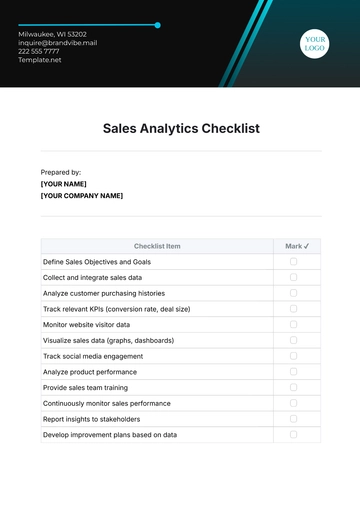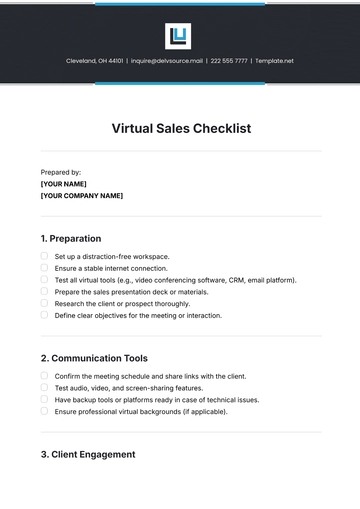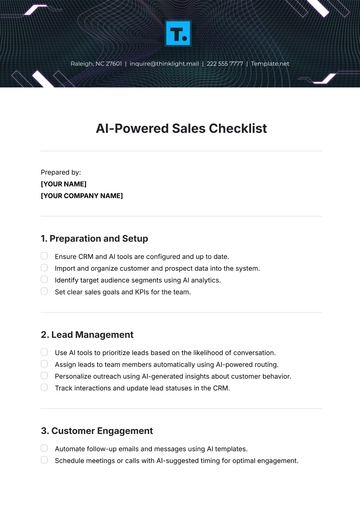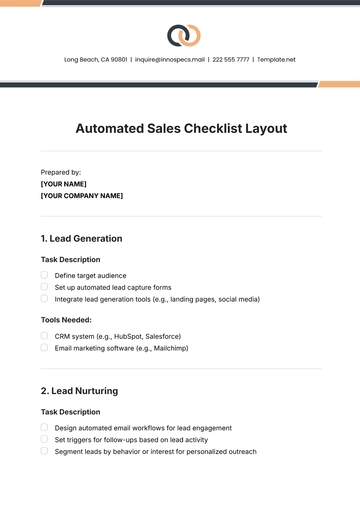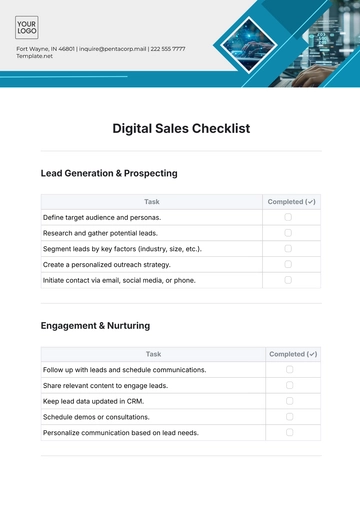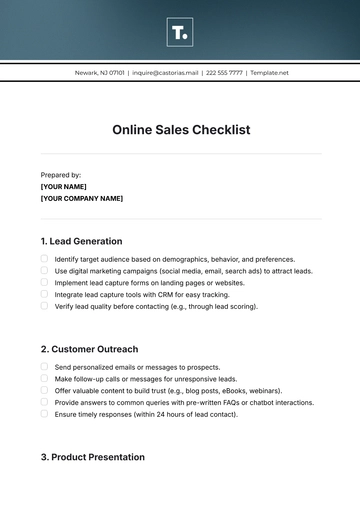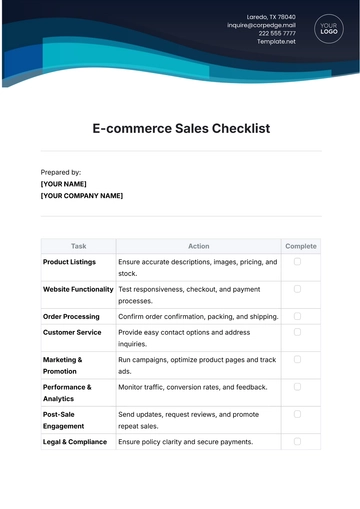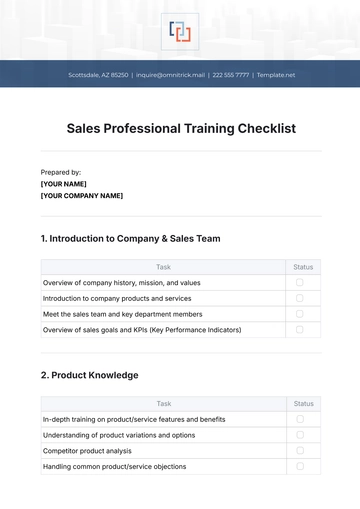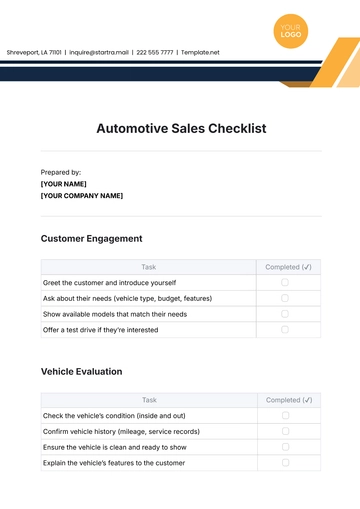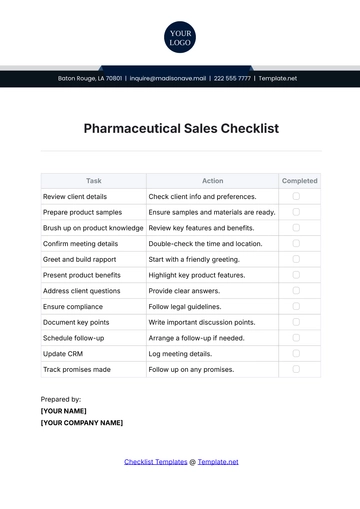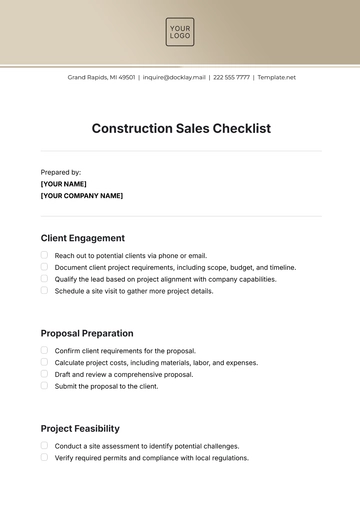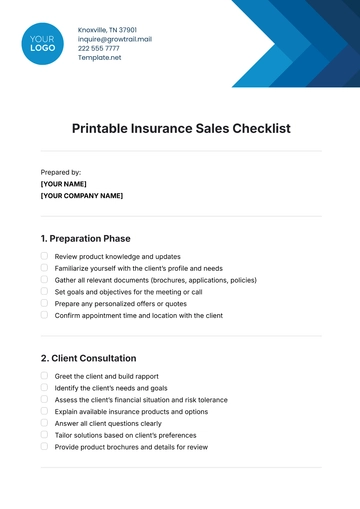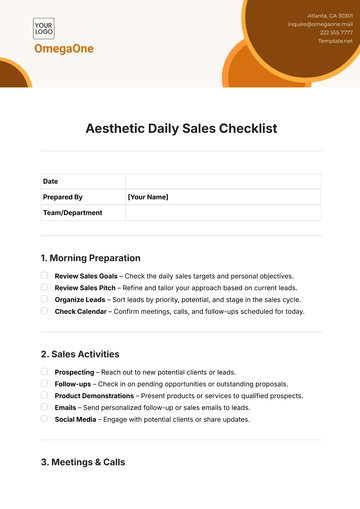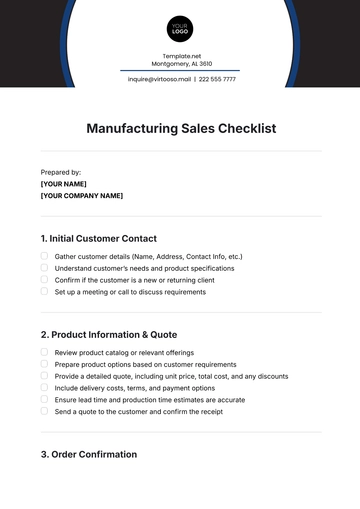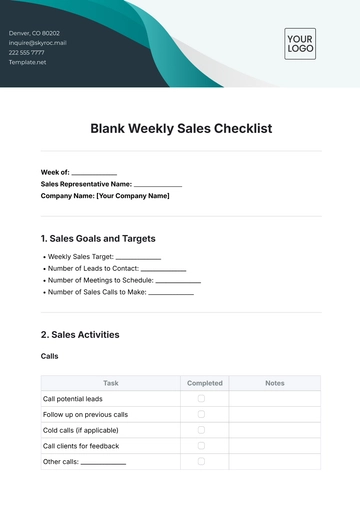Free Food Checklist for Baby
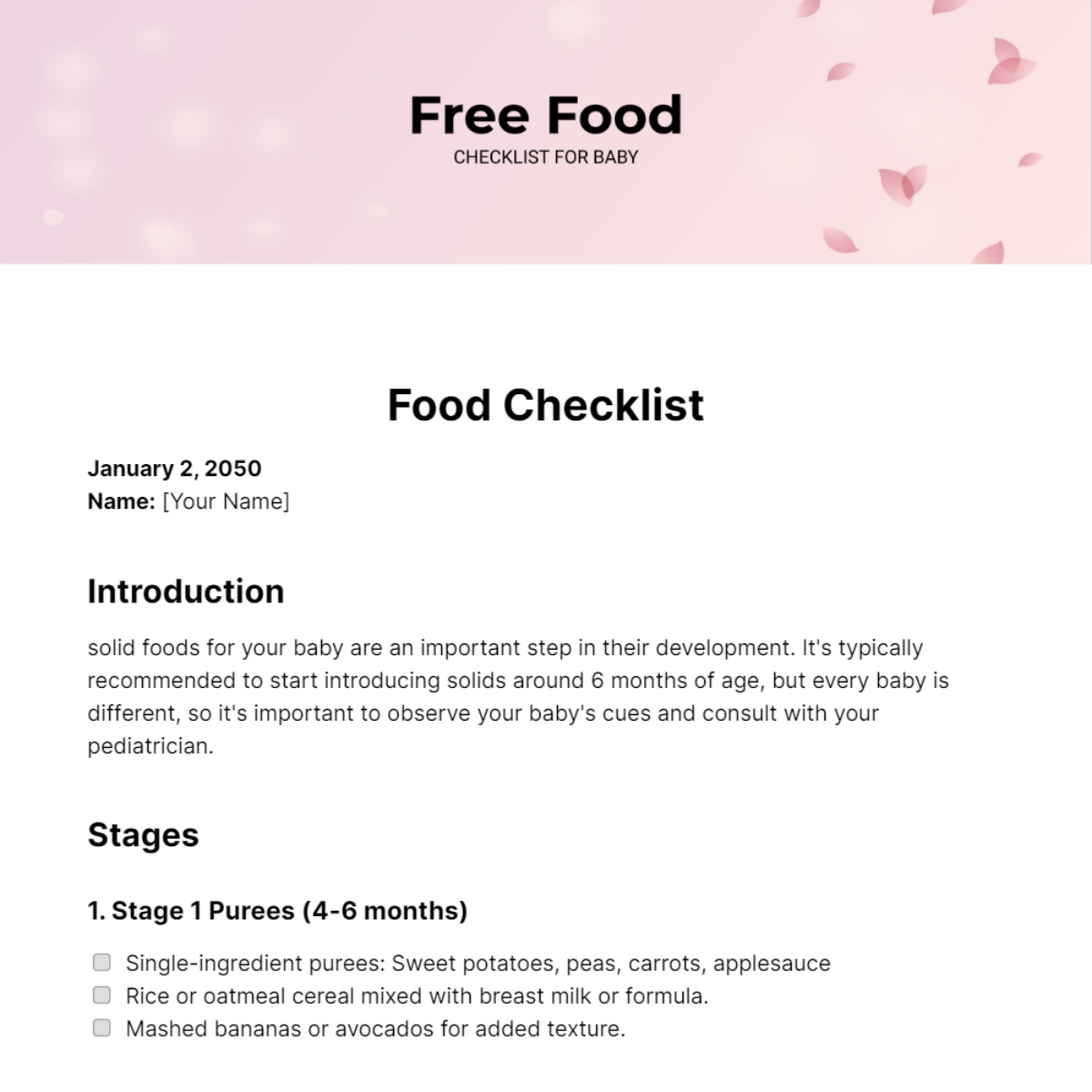
January 2, 2050
Name: [Your Name]
Introduction
solid foods for your baby are an important step in their development. It's typically recommended to start introducing solids around 6 months of age, but every baby is different, so it's important to observe your baby's cues and consult with your pediatrician.
Stages
1. Stage 1 Purees (4-6 months)
Single-ingredient purees: Sweet potatoes, peas, carrots, applesauce
Rice or oatmeal cereal mixed with breast milk or formula.
Mashed bananas or avocados for added texture.
2. Stage 2 Purees (6-8 months)
Introduce new vegetables and fruits: Broccoli, spinach, blueberries, and pears
Begin mixing different purees for Variety
Introduce strained meats and poultry
3. Finger Foods and Soft Solids (8-10 months)
Soft-cooked vegetables: Peas, carrots, and sweet potatoes in bite-sized pieces
Small portions of soft fruits: Berries, diced melons, and ripe peaches
Soft cheeses, small portions of well-cooked pasta, and small chunks of soft-cooked meats
4. Dairy and Proteins (10-12 months)
Full-fat plain yogurt or cottage cheese
Soft, shredded cheese
Well-cooked and finely chopped poultry, fish, and lean meats
Scrambled or finely chopped eggs
5. Transition to Family Foods (12+ months)
Family meals chopped into small, baby-friendly pieces
Gradual introduction to whole milk (consult with pediatrician)
Encourage self-feeding with age-appropriate utensils
6. Snacks
Small portions of cut-up fruit
Whole-grain, low-sugar baby snacks
Homemade teething biscuits or rice cakes
7. Hydration
Breast milk or formula (if still breastfeeding or formula feeding)
Water in a sippy cup
Note: Remember to introduce new foods one at a time to monitor for potential allergies, and consult with your pediatrician before introducing any significant changes to your baby's diet. This checklist aims to provide a balanced and diverse diet as your baby transitions to solid foods.
- 100% Customizable, free editor
- Access 1 Million+ Templates, photo’s & graphics
- Download or share as a template
- Click and replace photos, graphics, text, backgrounds
- Resize, crop, AI write & more
- Access advanced editor
Food Checklist for Baby Template from Template.net. This customizable, downloadable, and printable tool assists parents in ensuring their baby's nutritional needs are met. Effortlessly edit using our AI Editor Tool to customize the checklist based on your baby's preferences and dietary requirements. Make feeding time stress-free and enjoyable with this essential resource offered by Template.net.
You may also like
- Cleaning Checklist
- Daily Checklist
- Travel Checklist
- Self Care Checklist
- Risk Assessment Checklist
- Onboarding Checklist
- Quality Checklist
- Compliance Checklist
- Audit Checklist
- Registry Checklist
- HR Checklist
- Restaurant Checklist
- Checklist Layout
- Creative Checklist
- Sales Checklist
- Construction Checklist
- Task Checklist
- Professional Checklist
- Hotel Checklist
- Employee Checklist
- Moving Checklist
- Marketing Checklist
- Accounting Checklist
- Camping Checklist
- Packing Checklist
- Real Estate Checklist
- Cleaning Checklist Service
- New Employee Checklist
- Food Checklist
- Home Inspection Checklist
- Advertising Checklist
- Event Checklist
- SEO Checklist
- Assessment Checklist
- Inspection Checklist
- Baby Registry Checklist
- Induction Checklist
- Employee Training Checklist
- Medical Checklist
- Safety Checklist
- Site Checklist
- Job Checklist
- Service Checklist
- Nanny Checklist
- Building Checklist
- Work Checklist
- Office Checklist
- Training Checklist
- Website Checklist
- IT and Software Checklist
- Performance Checklist
- Project Checklist
- Startup Checklist
- Education Checklist
- Home Checklist
- School Checklist
- Maintenance Checklist
- Planning Checklist
- Manager Checklist
- Wedding Checklist
- Vehicle Checklist
- Travel Agency Checklist
- Vehicle Inspection Checklist
- Interior Design Checklist
- Backpacking Checklist
- Business Checklist
- Legal Checklist
- Nursing Home Checklist
- Weekly Checklist
- Recruitment Checklist
- Salon Checklist
- Baby Checklist
- Equipment Checklist
- Trade Show Checklist
- Party Checklist
- Hospital Bag Checklist
- Evaluation Checklist
- Agency Checklist
- First Apartment Checklist
- Hiring Checklist
- Opening Checklist
- Small Business Checklist
- Rental Checklist
- College Dorm Checklist
- New Puppy Checklist
- University Checklist
- Building Maintenance Checklist
- Work From Home Checklist
- Student Checklist
- Application Checklist
